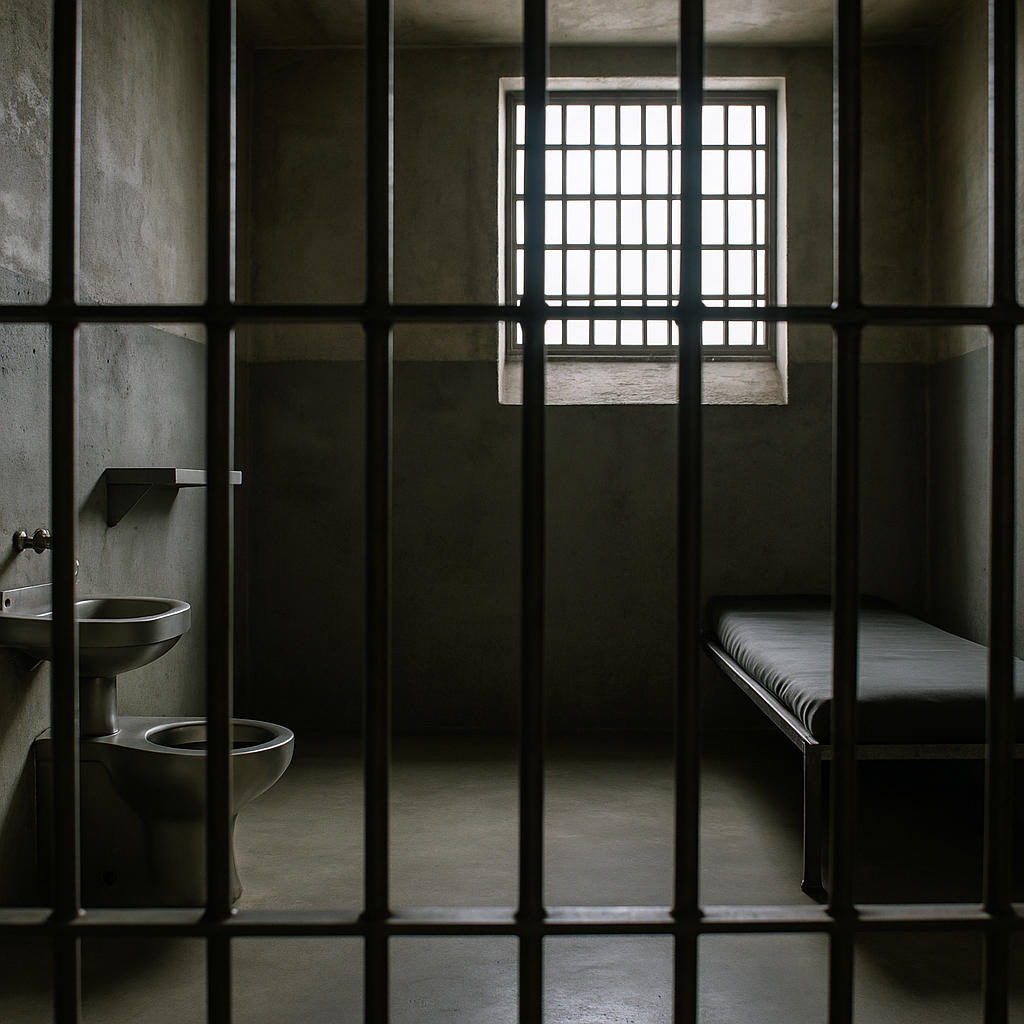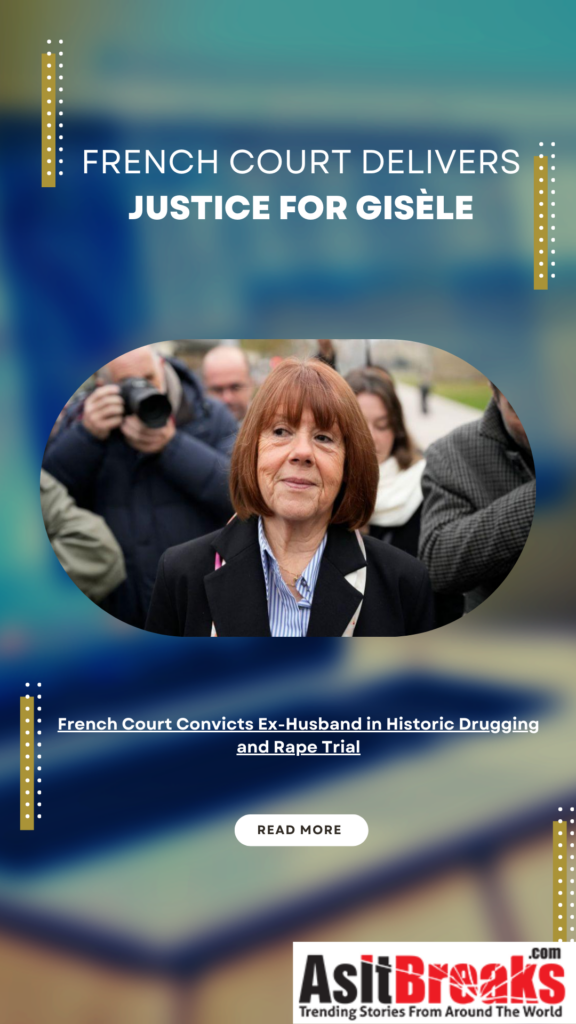In a new twist to a case already steeped in controversy, lawyers for Robert Roberson — the Texas death row inmate slated for execution Oct. 16 — say revelations from the first episode of a Dateline podcast inject “highly relevant” evidence into their push for a new trial. The team contends the podcast underscores alleged judicial misconduct and supports their argument that Roberson was denied an impartial hearing.
Roberson, 58, was convicted in 2003 for the 2002 death of his 2-year-old daughter, Nikki Curtis, a case built largely on the contested diagnosis of shaken baby syndrome. His attorneys filed a motion Monday before the Texas Court of Criminal Appeals asking that new information from The Last Appeal podcast be considered in his ongoing appeals. In particular, they point to an interview Lester Holt conducted with Nikki’s maternal grandfather, Larry Bowman, which they say goes to the heart of a claim that Roberson’s trial was tainted by bias.
Bowman tells Holt that Anderson County Judge Bascom Bentley, who signed Roberson’s arrest warrant and presided over nearly the entirety of his trial, intervened in Nikki’s medical care. “Matter of fact, Judge Bentley told ’em we were the parents,” Bowman says, recounting a call the judge allegedly made to the hospital to direct staff to seek the Bowmans’ permission to remove Nikki from life support. Roberson’s lawyers counter that Bowman’s claim was false: Roberson had sole conservatorship over Nikki as of November 2001, and the Bowmans held no legal authority to make life-and-death decisions.
“It’s shocking that we are discovering the truth about this glaring, undisclosed evidence of bias only by chance, from a podcast, days before Robert is scheduled to be executed for a tragedy that has been mislabeled as a crime,” said Gretchen Sween, Roberson’s lead counsel. The filing argues that an objective public observer, “with knowledge of the new facts,” would reasonably believe Judge Bentley had prejudged Roberson’s guilt and improperly encroached on parental rights and due process — and that such conduct constitutes structural error requiring a new trial.
Roberson’s legal team already has multiple avenues of appeal in motion. In addition to the CCA filing, they have urged the 5th U.S. Circuit Court of Appeals to grant a stay so they may mount a separate challenge based on “overwhelming evidence” that discredits the shaken baby science used in his conviction. Previous efforts to block his execution have faltered, even after Texas enacted a “junk science” statute in 2013 allowing inmates to contest convictions built on forensic theories since undermined by scientific advances.
The podcast’s new allegations threaten to widen the battleground beyond the scientific debate. Not only do they contest the medical diagnosis of Nikki’s death, they also suggest the trial judge himself may have overstepped the bounds of impartiality. The fact that Judge Bentley is deceased does not prevent the defense from arguing that his actions — both before and during trial — were material to Roberson’s constitutional rights.
Prosecution officials, including Texas Attorney General Ken Paxton, have maintained confidence in the verdict. Paxton has framed the case as one of brutal child abuse, asserting that Roberson “beat her so brutally that she ultimately died.” Despite that stance, late developments, including the podcast, raise the possibility that the very foundation of the case may be unreliable.
In recent years, courts have grown more skeptical of shaken baby syndrome as a singular explanatory theory. In Texas, the high criminal court applied that shift in science in a different case, granting a new trial for Andrew Roark, whose conviction was similarly based on shaken baby allegations. Earlier this year, the Texas Court of Criminal Appeals recognized that the medical understanding had changed — in particular, it questioned whether violent shaking alone could produce the internal bleeding once deemed diagnostic. That ruling now underpins Roberson’s argument that the same scientific advances apply to his case.
Roberson’s case has already drawn national attention and unusual interventions. In 2024, a bipartisan group of state legislators intervened via subpoena to delay his execution, triggering a constitutional standoff over separation of powers. That maneuver earned Roberson additional time, but the Texas Supreme Court later held that legislative action could not indefinitely block an execution.
With Pascal’s last scheduled date looming, the stakes are stark. If the CCA or lower courts accept the new podcast evidence as material, Roberson could win a new trial or reversal of his capital conviction. If not, and the execution proceeds, his team faces the grim finality that many death penalty opponents warn of: once the state carries out a death sentence, there is no undoing it.
This is a story of shifting science, legal risk, and procedural scrutiny. The Dateline revelations do more than complicate one case — they force the justice system to ask whether a death verdict founded on outdated science and a possibly overreaching judge can still stand.


